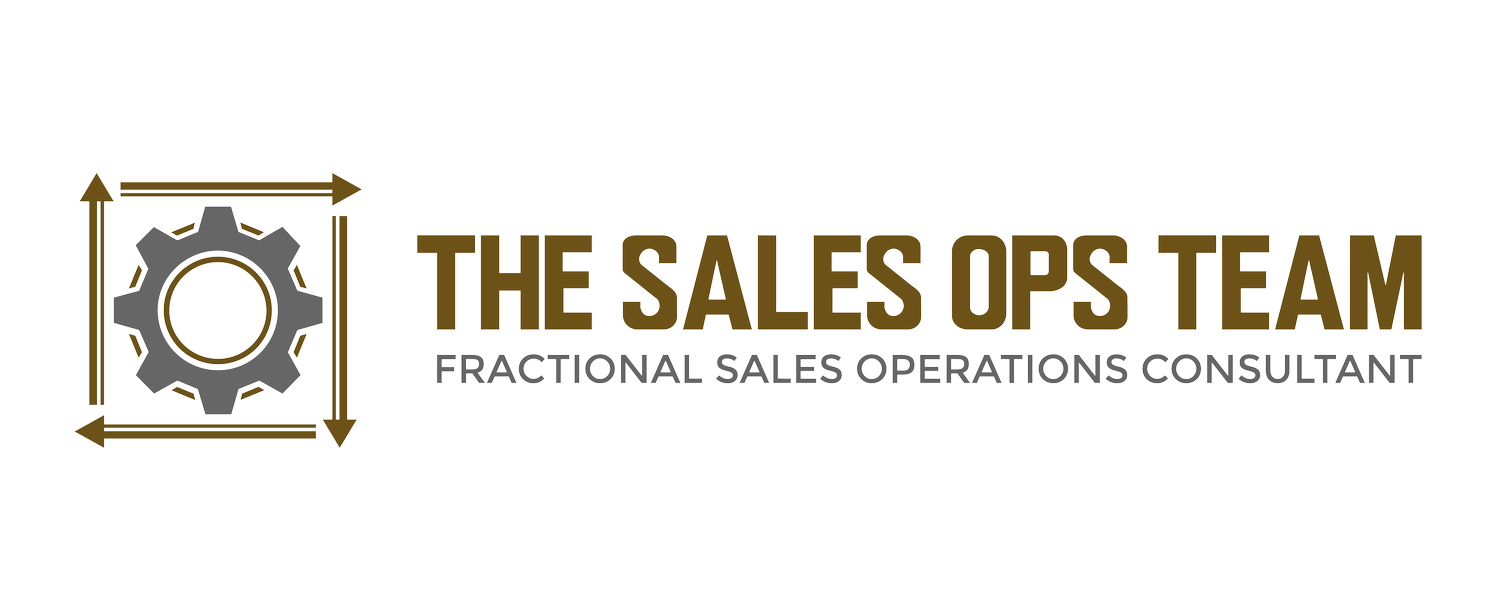From Sales Floors to Sales Ops: Why CRM and Operations Matter
For over a decade, I worked in sales brokerages — selling everything from consumer packaged goods (CPG) to sporting goods in the hunt, fish, and camp world. I represented hundreds of brands, pitching to customers like Walmart, Bass Pro Shops, Big 5 Sporting Goods, your local farm store, and even the corner bait shop.
During that time, I got an education no university could match. Mergers, acquisitions, bankruptcies, product development, marketing 101, Google Analytics, sales skills, trade show logistics, economic cycles, negotiation — even the art of sleeping on an airport floor. The list of hard-earned lessons goes on and on.
But three lessons rose above the rest:
“No” doesn’t always mean no.
My real passion wasn’t selling — it was the numbers, data, and patterns that drive smart decisions.
For many, the company is its own worst enemy.
That’s why, when my sales career began to wind down, I shifted my focus. Sales Operations — the discipline of aligning data, people, and tools to drive revenue — became my true calling. And that’s how The Sales Ops Team came to be.
What I Learned Watching Brands Miss the Mark
Here’s what frustrated me most back in my brokerage days: brands ignoring the voice of the customer and sabotaging their own product launches.
A buyer would say: “Green socks are flying off the shelves!” — and the brand would launch brown ones.
Market data showed: “60% of the market prefers blue jeans, 40% black.” The brand produced only blue, leaving 40% of potential sales for competitors.
New gardening equipment needed to be usable, sample-ready by March for next year’s retail buying cycle. Instead, brands launched in August, long after decisions had been made.
Over and over, great products failed not because of quality, but because timing, customer feedback, and data were ignored.
Some clients adapted quickly. Most didn’t. And the cost was high.
What Great Marketing Consultants Understand
That’s why meeting Mark Klossner at Many Hats Marketing was such a turning point. Mark does what most don’t: he sits down with the sales team — the boots on the ground — before building marketing plans. He listens. He digs into what’s really happening with buyers and customers.
That philosophy resonated deeply with me. Because my decade in sales taught me one truth: the sales team is your frontline intelligence division. They’re gathering insights every day that can elevate your brand if you capture and act on them.
The Role of CRM in Making This Work
This is where a well-configured CRM changes the game. Instead of leaving valuable intel scattered in inboxes, spreadsheets, or memory, a CRM:
Profiles your customers (Are they dog owners? Cancer patients? Weekend campers?)
Tracks buying preferences (green vs. brown socks, blue vs. black jeans)
Logs critical timelines (when samples must be ready for retail review)
Translates raw data into clear reports your marketing and leadership teams can act on
When CRM is set up right — and your sales ops function is steering it — marketing doesn’t have to guess. Leaders don’t have to gamble. And brands stop sabotaging their own growth.
Where to Go From Here
If you’re frustrated that your CRM feels like a half-used Rolodex, or you’re tired of launching products that miss the mark, it’s time to rethink how you’re capturing and using sales data.
That’s exactly what The Sales Ops Team helps with: CRM onboarding, configuration, and audits that actually work for your business.
Book a consultation today to discuss your CRM onboarding or schedule an audit of your existing system.
And if you want a marketing partner who understands the value of sales feedback and full-cycle marketing, check out Mark at HatsMarketing.com.

